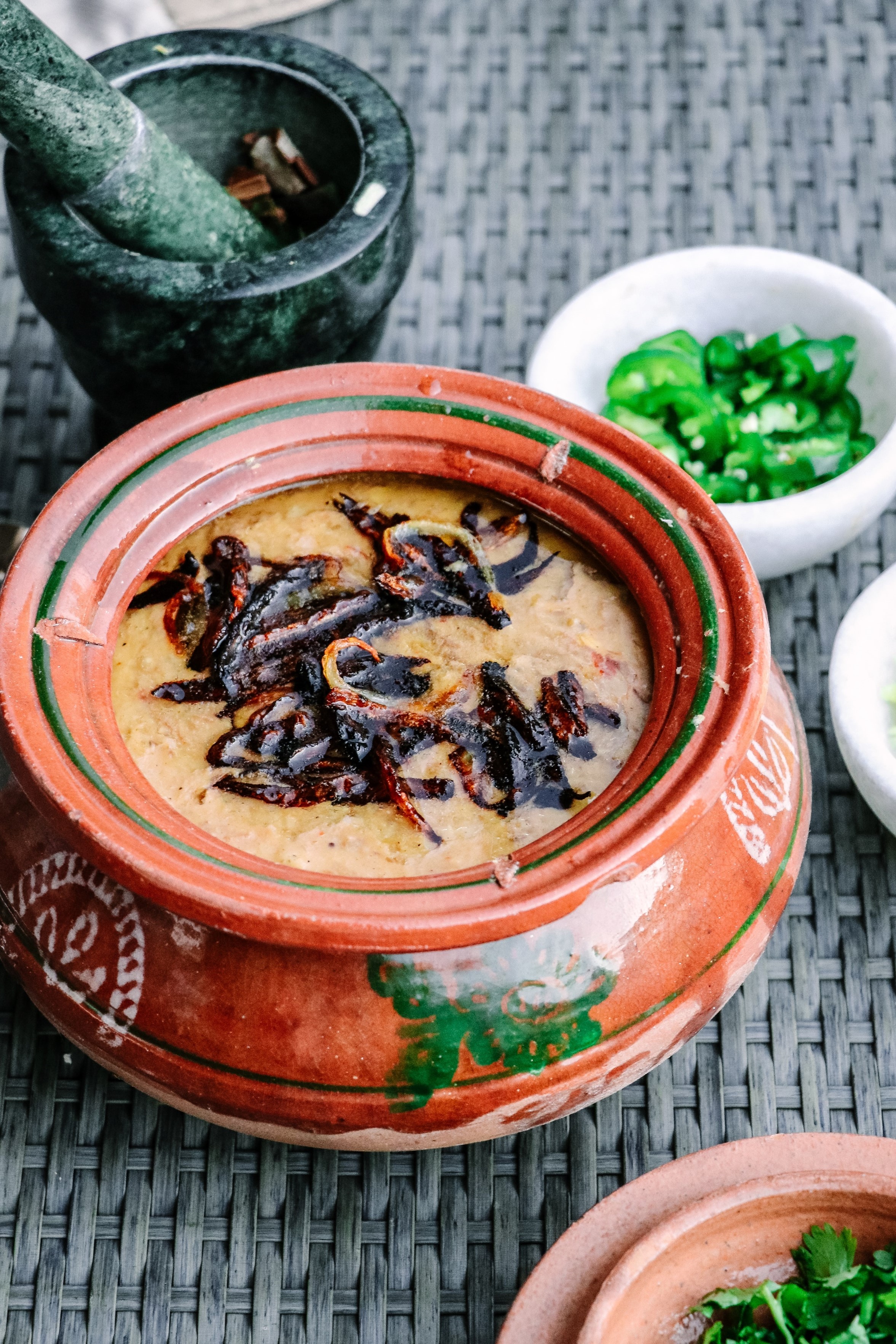
-
Source
Migration and health: enhancing intercultural competence and diversity sensitivity
Denmark has a well-established tradition of disseminating public health information via information campaigns relating to exercise, diet, smoking and alcohol. Until recently, however, such initiatives have not attempted to incorporate cultural diversity, or to consider how food is embedded in the social practices and relations of everyday life. At the same time, there has been a rising prevalence of type 2 diabetes mellitus and coronary heart disease amongst Pakistanis living in Denmark. This has been accompanied by official advice to these groups to adopt a more Danish diet based on rye bread and dairy products. Researchers used photo-elicitation and narrative interviews to study the food practices of Pakistani families in Denmark to understand how food is embedded in people’s everyday lives and interactions.
By asking participants to take photographs of their food and then discuss the pictures they took, the researchers found that Pakistanis in Denmark did not consume unhealthy food out of ignorance. Instead, they actively sought to balance recommended healthy food practices with other cultural practices and behaviours and with the practicalities of life and work schedules. They concluded that public health policies should shift from a deficit model (that is, seeking to address assumed deficiencies in knowledge and motivation) to one based on encouraging healthier food in social practices and making healthier convenience food options more widely available.




